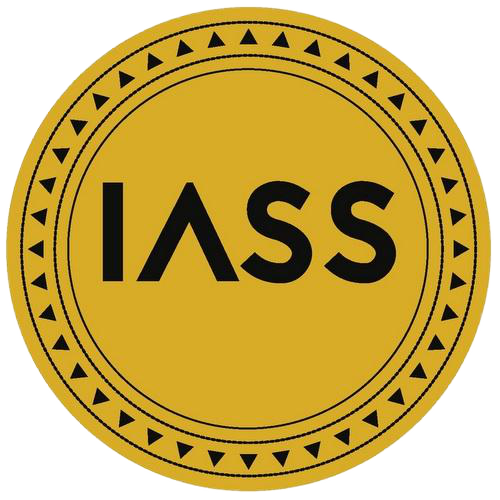Poseidon

Deity of the ancient Greeks, identified by the Romans with Neptune. According to an ancient myth, in the division of the world among the sons of Cronus, Poseidon was given the sea and in general the kingdom of the waters. Deity already
known in the Mycenaean age, Poseidon is among the greatest of the Greek pantheon, second only to his brother Zeus. His power is manifested essentially in the telluric and marine upheavals (hence the epithet of "earth-shaker"); the bull, the horse, the dolphin are sacred to him, animals that personify the generative force of nature, speed, the water and earth elements. The horse and the bull are also linked to the cult of the Underworld and Poseidon is in fact, at least originally, a deity
infernal (aspects of this remain in the Greek cults of the classical age). Its symbol is the
trident, with which he shakes the earth and makes its springs gush forth. In mythology, Poseidon appears as the father of monsters personifying the violence of nature and as the progenitor of fantastic and terrible peoples, such as the Laestrygonians (the legendary people who inhabited Sicily in the most remote times) and the Cyclopes.
The cult of Poseidon was widespread in a good part of Greece: particularly venerated in Pylos in the Mycenaean age, when the god must still have had, to a large extent, the features of an earthly god. Later he had sanctuaries in almost every polis:
particularly famous is the Athenian one at Cape Sounion and those at Taenarus, Triopium and Mycale, and in Magna Graecia
Greece those of Taranto and Posidonia. The famous Isthmian games were also dedicated to Poseidon.
In Rome, Poseidon was identified with the Italic god Neptune, an object of particular worship starting from the 4th and especially from the 3rd century BC, that is, from the beginning of the Roman expansion in the Mediterranean. Prerogatives, attributes, genealogy and mythical events passed almost intact from the Greek god to the Roman god. In honor of Neptune, the summer festivals of Neptunalia and the Ludi Neptunales were held, characterized by equestrian races by virtue of the customary association between the god and horses.
The cult of the god of the sea could certainly not be missing in a place surrounded by the sea like Sicily. Here he is considered the father of Trinaco, the oldest king of Sicily, but also of the Siculo king. Traces of the cult of Poseidon are present in Syracuse, Selinunte and Messina. The discovery of coins depicting the divinity, would attest to the presence of the cult also in other Sicilian cities such as Catania, Tindari, Palermo and Lipari.
The Island of Dreams: The Myth Comes to Life

